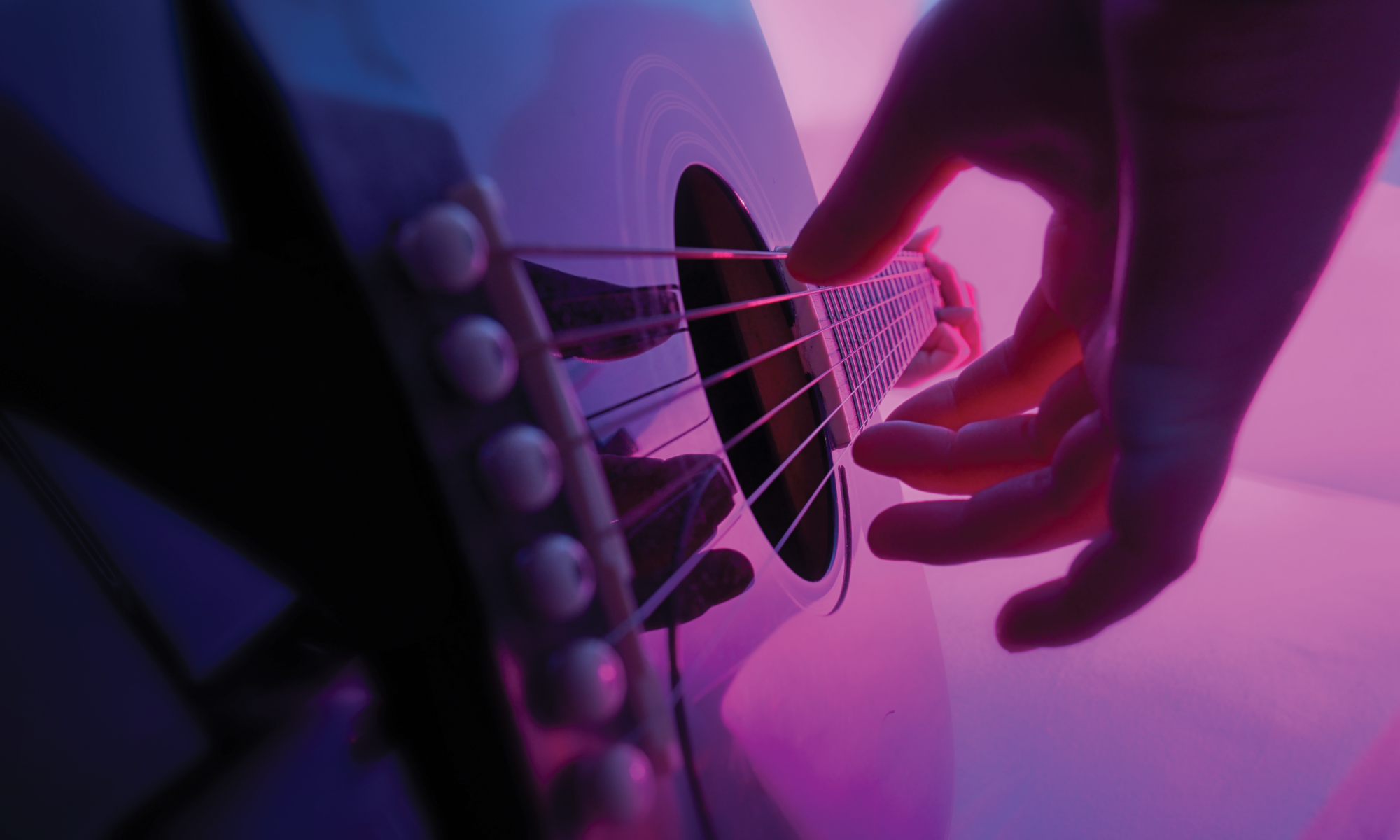Last week, a group of major internet service providers (ISPs)—including AT&T, Verizon, Comcast, Cablevision, and Time Warner Cable—all agreed to a new enforcement plan against music and movie piracy. The internet giants signed a voluntary “Memorandum of Understanding” with content owner representatives (including the RIAA and MPAA) to create standard practices of “copyright alerts” directed at users flagged for possible infringement.
Continue reading “ISPs Agree to Alert Piraters in New Copyright Enforcement Plan”
